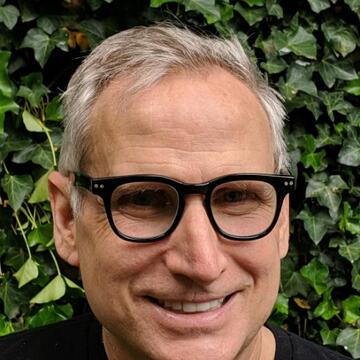
Ben Yuhas
Adjunct Associate Professor of International and Public Affairs

Personal Details
Focus areas: The use of data science in managing political campaigns, defining social policy, measuring the efficacy of advertisements and managing healthcare
Ben Yuhas received his BA in Mathematics from the University of Chicago and PhD in Electrical and Computer Engineering at Johns Hopkins University. His thesis focused on early use of neural networks for lip reading. In the 1990's, interest in neural networks waned as the initial results failed to live up to the promise. It would take several years before the advances in hardware and learning algorithms would close that gap and reenergize the field.
Ben transitioned from academia to industry as a Member of Technical Staff at Bellcore in Applied Statistics, where he focused on the intersection of neural networks and statistics. Bellcore was the part of Bell Labs spun off during divestiture to be funded by the regional phone companies.
He has held several roles in financial services addressing fraud, risk and revenue; culminating in the role of Senior Director of Marketing for BarclaysUS. In 2004, Ben took a leave of absence and worked with a pollster to see whether the behavioral modeling we were developing in financial services could be adapted for use in political campaigns. The results generated enough interested to become a stand-alone political consulting business. Four year later, he was in the Obama war room on election night.
From 2004 thru 2019 Ben's company grew to serve a diverse set of commercial and non-profit clients with the common goal of helping them use data to support strategic decisions and operate more efficiently.
In 2019 he moved into the world of digital ad technology as VP of Data Science for Amobee. In late 2021, Ben joined Amazon as their Director of Ad Measurement Science.
Ben enjoys formulating real world objectives as mathematical problems and then identifying the best techniques to use to solve them. He is inspired by observing how similar problems are formulated and solved across domains. He is also curious about the unintended biases introduced by how we define a problem and how we choose to solve that problem.
Education
- PhD in Electrical and Computer Engineering, Johns Hopkins University
- BA in Mathematics, The University of Chicago